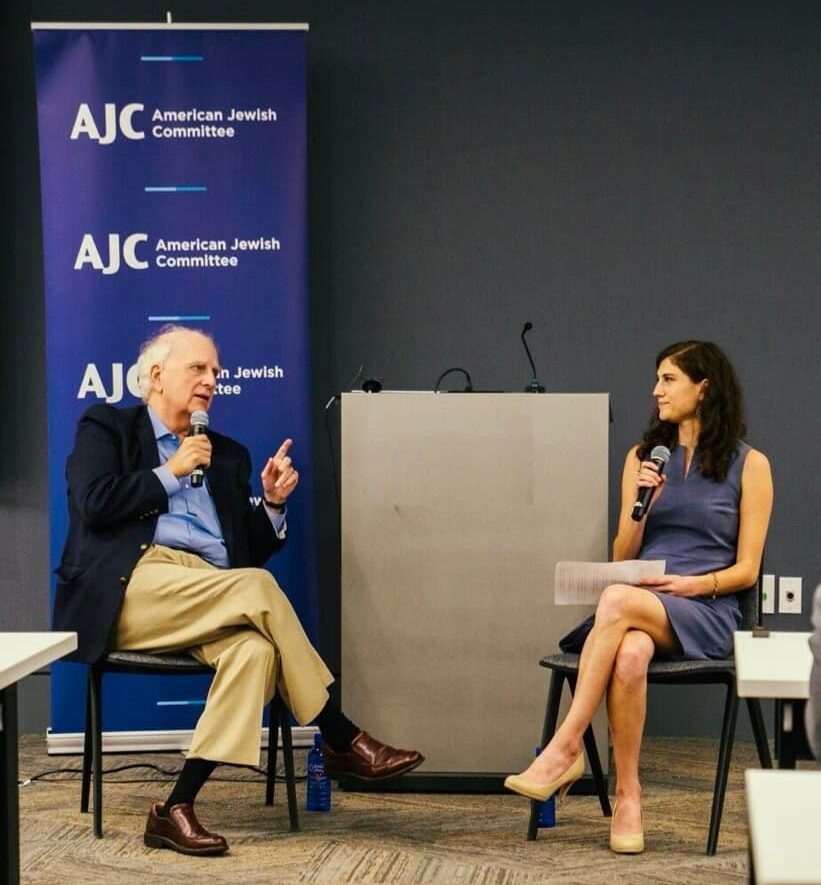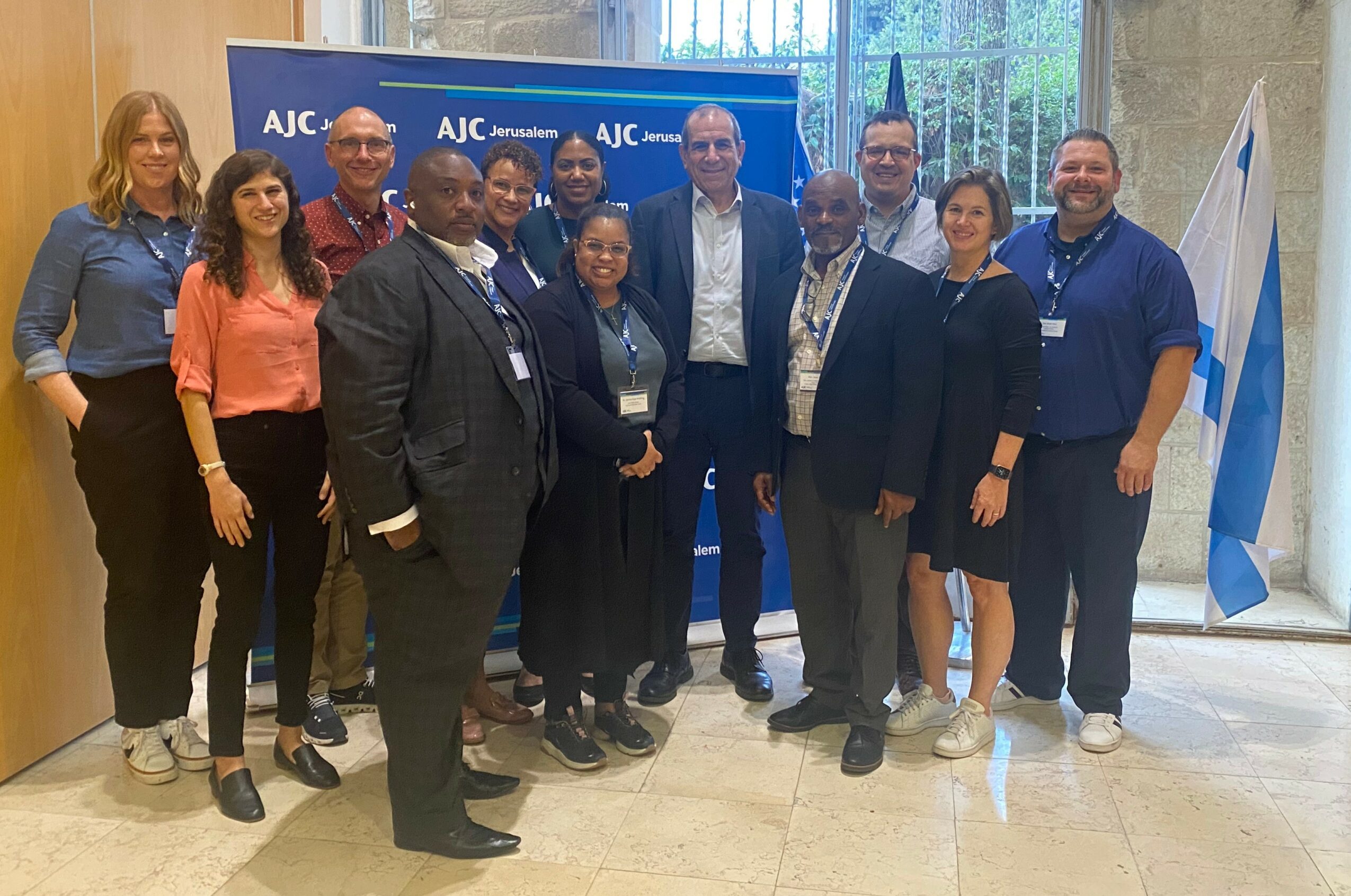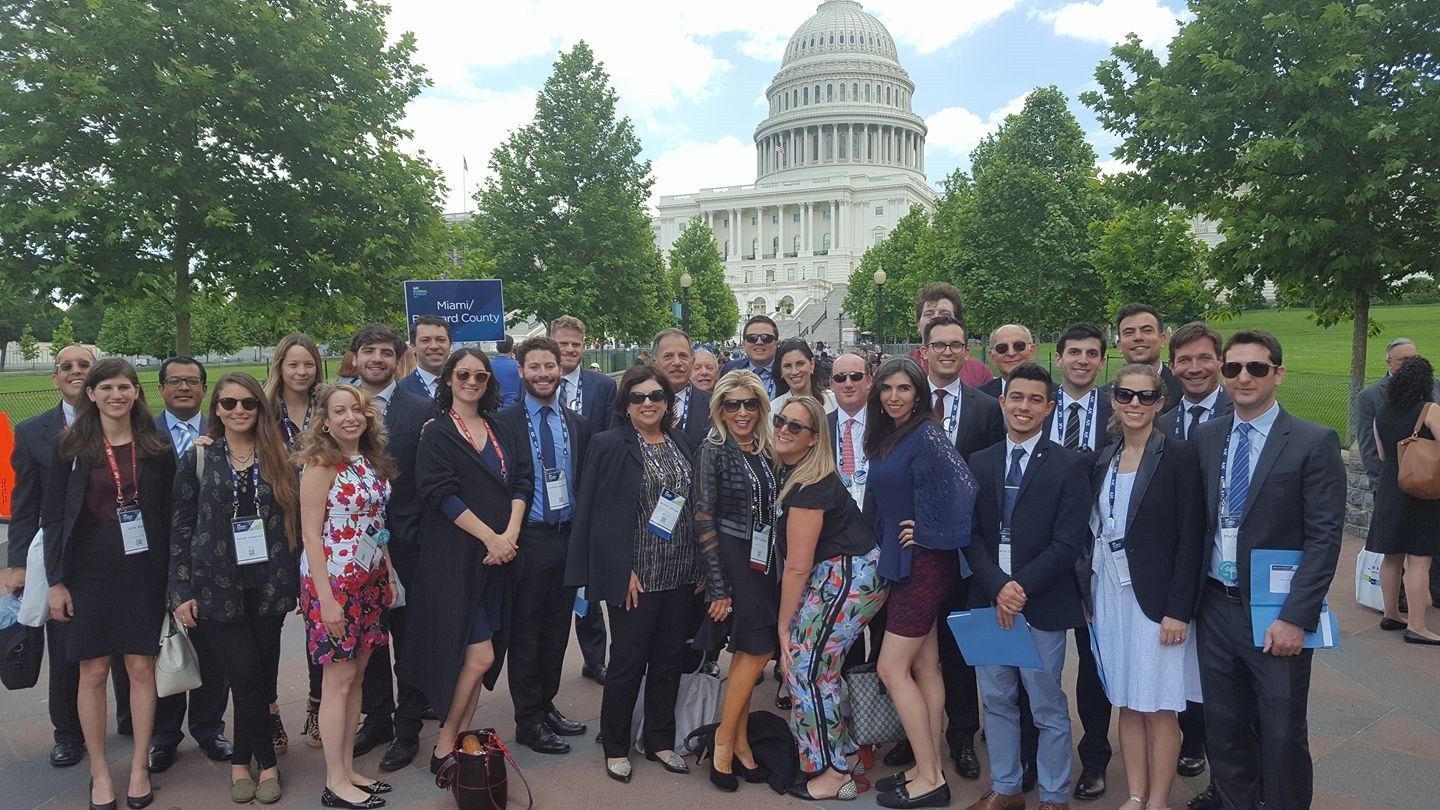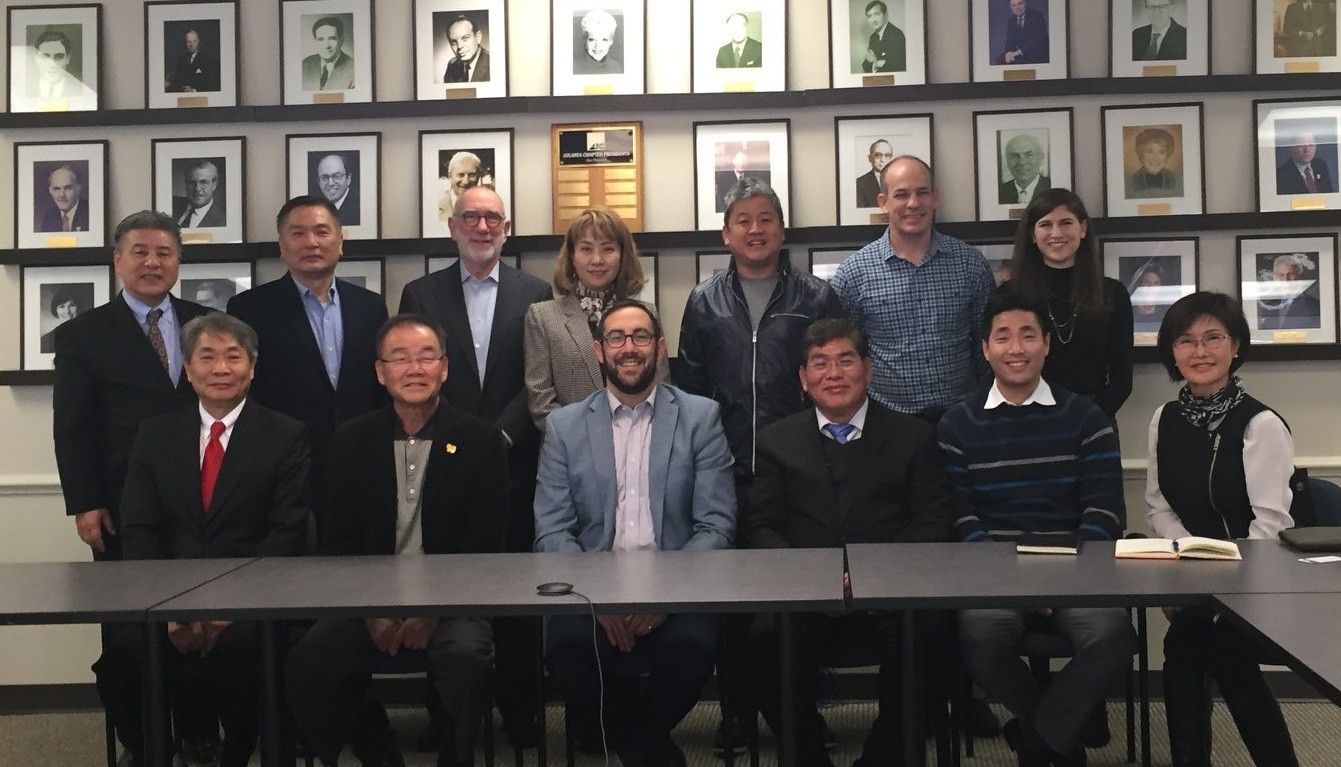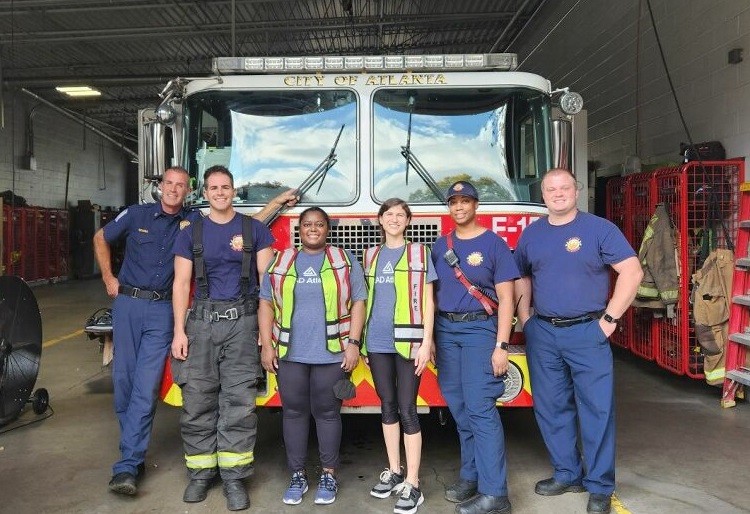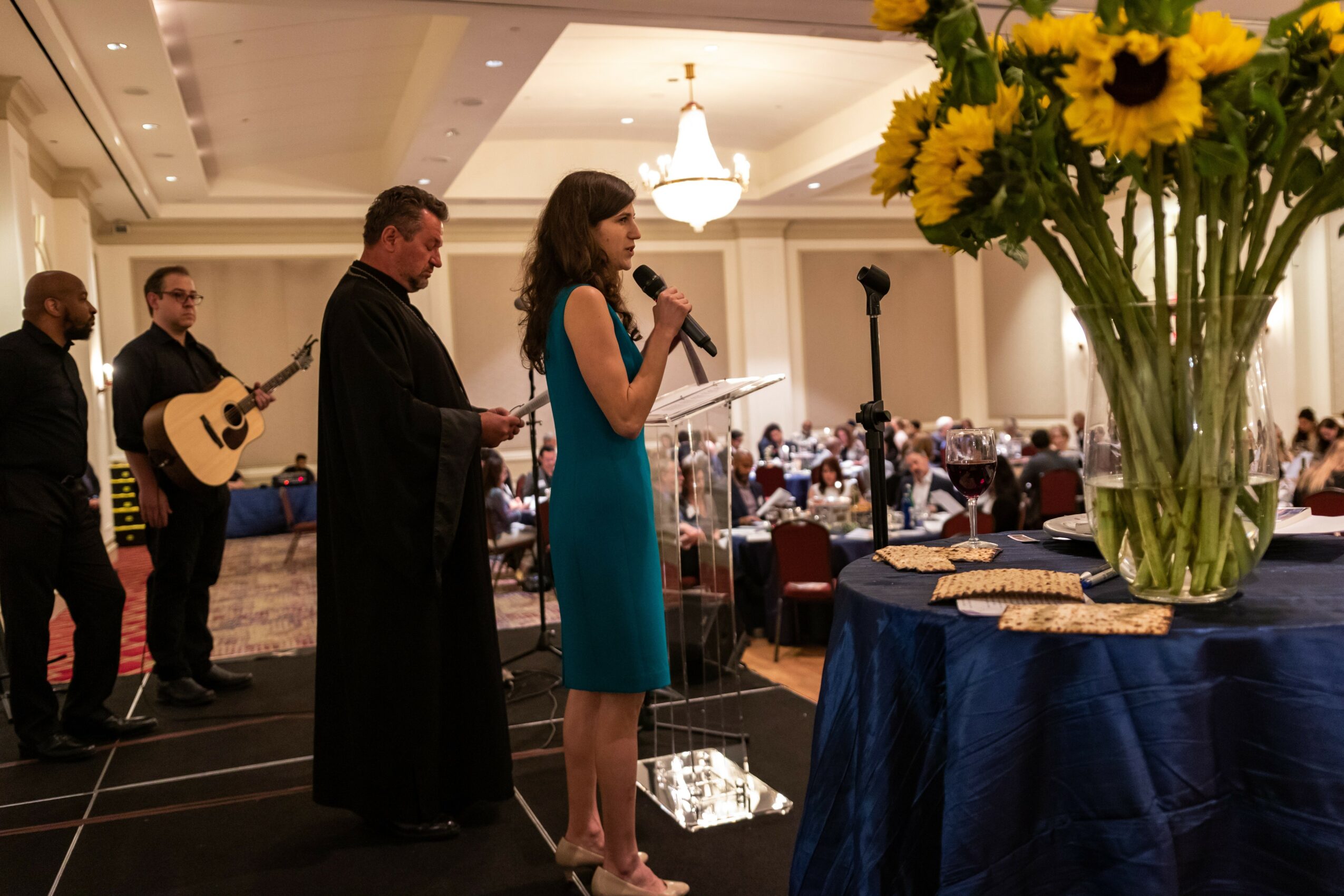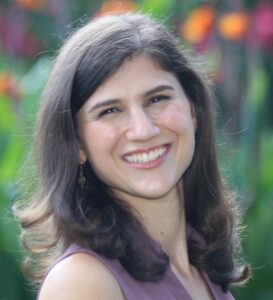
Today we’d like to introduce you to Julie Katz.
Hi Julie, so excited to have you on the platform. So before we get into questions about your work-life, maybe you can bring our readers up to speed on your story and how you got to where you are today?
I’ve always been fascinated by people. In college, I changed my major officially and unofficially seven times, with almost every path related to the social sciences.
Shockingly (ha, ha), I graduated with no idea of how to move forward. On graduation day, I asked my mom to let me lounge with my friends for a week before we went our separate ways. After that week, I promised to figure out my next steps.
Three days in, my mom called me to talk through (read: lecture me about) what she perceived as my apathy. Why wasn’t I taking my future seriously?
During that phone call, I made a decision – I would move to Israel for a six-month career development program. I had been one other time and had told myself that I wanted to spend more time there. This seemed like the perfect combination of an avoidance tactic and a way to explore my Jewish heritage.
My time in Israel was transformational. When I landed at Ben Gurion airport in Tel Aviv, I instantly felt at home. I spent the next six months exploring the country, having conversations with people about their lives and passions, and learning about my faith. I was captivated by Israeli society – the beautiful parts of it, including its emphasis on family, community, innovation, and spirituality, and its difficult parts, including economic issues, societal divisions, and the conflict. It was fascinating to explore how people lived their lives in a place with so much complexity.
I came back to the states with the intention of working for a year and then moving back to Israel. But I was still unsure about what I wanted to do. One day, I found a job listing for a fellowship with an advocacy organization called American Jewish Committee (AJC). AJC listed its mission as ensuring the well-being of the Jewish people and advocating for pluralism and democratic values. Its advocacy was carried out through work with elected officials, diplomats, and coalition building with diverse faith and ethnic communities.
This resonated with almost all of my interests and passions. Advocacy is about building meaningful relationships. To do that, you have to understand the people and communities around you – and to build understanding, you must have a genuine desire to learn about others’ experiences. Combining my love of learning about people and pride of Judaism seemed like a dream job.
While my original intention was to move back to Israel, nearly seven years later, here I am! Working at AJC has in fact been a dream job, and I am fortunate to have advanced from an entry-level fellow to the Associate Director of AJC’s Atlanta office.
Alright, so let’s dig a little deeper into the story – has it been an easy path overall and if not, what were the challenges you’ve had to overcome?
Organizationally, one of the challenges we face is heightened political polarization. AJC is a staunchly non-partisan organization. Antisemitism (hatred against Jews) occurs from all sides of the political spectrum, and we have a commitment to the Jewish people, not to politics. While bipartisan work between our elected officials is still happening, inflammatory rhetoric makes it more difficult to address issues that affect us all of us.
Personally, while I love the creativity that comes with advocacy, it often involves uncertainty. Most days I love being challenged in this regard – understanding the changing landscape in which we are working and pivoting based on those changes. But constant change can be hard. I’ve learned to recognize when I need to reset and lean on my colleagues for support.
In addition, having a career with a focus on discussing hatred against your community can take a toll. I’m a fairly optimistic person. I believe that lack of understanding is the driver behind a large portion of antisemitism. The issue is its implications– when small derogatory comments lead to dehumanization and violence against the Jewish community. Unfortunately, we’ve seen an alarming rise in violent antisemitism over the past several years. It never gets easier to hear about violent antisemitism, especially knowing that there are so few of us in the world (15 million).
Thanks for sharing that. So, maybe next you can tell us a bit more about your work?
American Jewish Committee (AJC)’s mission is to build a safer, more secure future for the Jewish people, Israel, and all humanity. As Associate Director of AJC’s Atlanta office, my role is to build relationships with elected officials, civic leaders, and diverse faith and ethnic communities. I also facilitate trainings on the Jewish people and antisemitism for companies, organizations, and the public sector.
When you work for a mission-based organization, the most important question you are asked is the “why.” My “why” is that with AJC’s emphasis on thoughtfulness, nuance, and understanding, AJC’s values are my values. And in a time when our society is quick to make judgments and slow to acknowledge nuance, AJC’s approach is critical.
AJC specializes in advocacy, which can take many forms. The first is education. Without an understanding or who we are, or the issues that we face, the “why” will not resonate – so facilitating this education is key.
The second is relationship building, which creates the channels to accomplish our goals. The relationships must be meaningful and reciprocal. While AJC is a Jewish advocacy organization, our mission to advance pluralism, democratic values, and human rights is universal. We are only able to accomplish these goals by working with our partners.
The third is action. Our actions vary in different situations. With our advocacy in the political sphere, we are often pushing for the passage of relevant legislation. With our diplomatic relations, we encourage our international interlocutors to enact policy that ensures a safer world. And with our intergroup work, our goal is to be an ally to each other when needs arise.
What sets us apart is that we are proactive. While we must respond to antisemitism when it arises, our ongoing goal is to educate and facilitate understanding.
We’d be interested to hear your thoughts on luck and what role, if any, you feel it’s played for you?
I feel conflicted about the term “luck.” I believe that we are placed into circumstances and can choose how to navigate them.
The first circumstance is the family in which I was born. I have two parents who think very differently, in ways that support and challenge me. However, both parents have taught me when to accept and question the status quo. My parents also instilled in me the values of Judaism and the importance of learning about people and communities that are different from my own. These themes are central to my work today.
The second circumstance is the people who have championed my growth. There are so many people I could mention – friends from other faith and ethnic communities, family members, and leaders in the Jewish community. A special shoutout to my mentor, AJC Atlanta Regional Director Dov Wilker. I’ve learned an immense amount from Dov about advocacy, thinking differently, and how to mentor others.
And finally, the circumstance of being born Jewish. Being Jewish comes with both times of difficulty and immense joy and pride. There are infinite reasons I’m proud to be Jewish – from the emphasis on education and learning to the importance of taking action even when you are struggling with doubt to the idea that theological discussions should leave you with more questions than answers. My Judaism defines every aspect of my life, even when I’m not consciously aware of it.
But being part of a minority community, whether religious, cultural, or ethnic, can bring internal struggles and questioning. I experienced these struggles as a teenager and young adult. When your community has been around for thousands of years, and when your ancestors have fought and died not only because they were Jewish but for the ability for their children and grandchildren to be Jewish, it’s up to you to continue that legacy. And that’s a lot to internalize.
We can either shy away from this responsibility or welcome it with open arms. The circumstances in my life, especially my career at AJC, have enabled me to welcome it with open arms. And for that, I am humbled and grateful.
Contact Info:
- Website: AJC.org/Atlanta
- Instagram: @AJCGlobal
- Facebook: @AJCAtlanta
- Twitter: @AJCGlobal
- Youtube: @AJCGlobal
